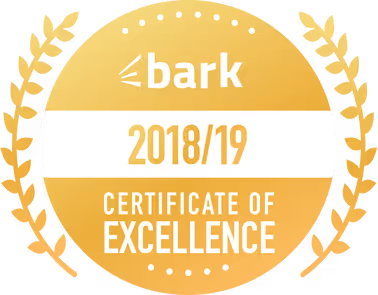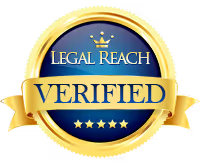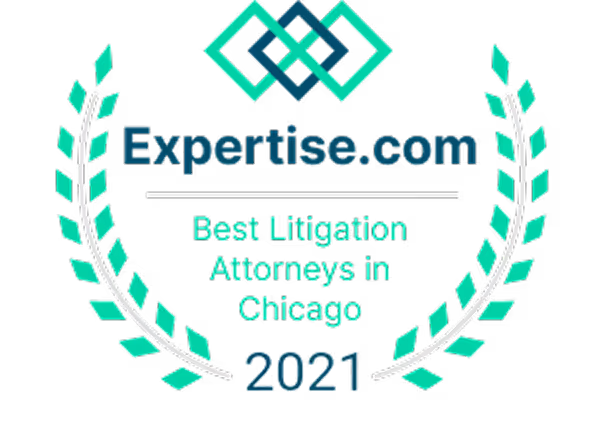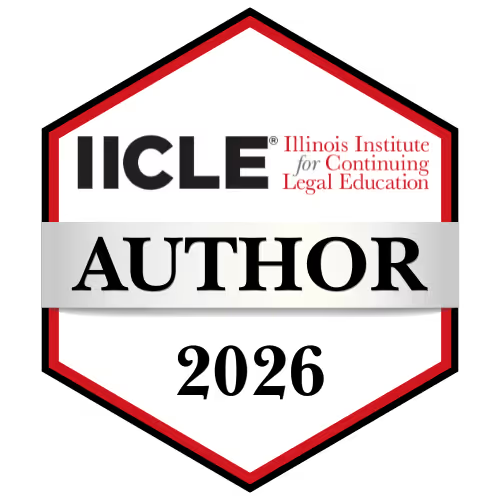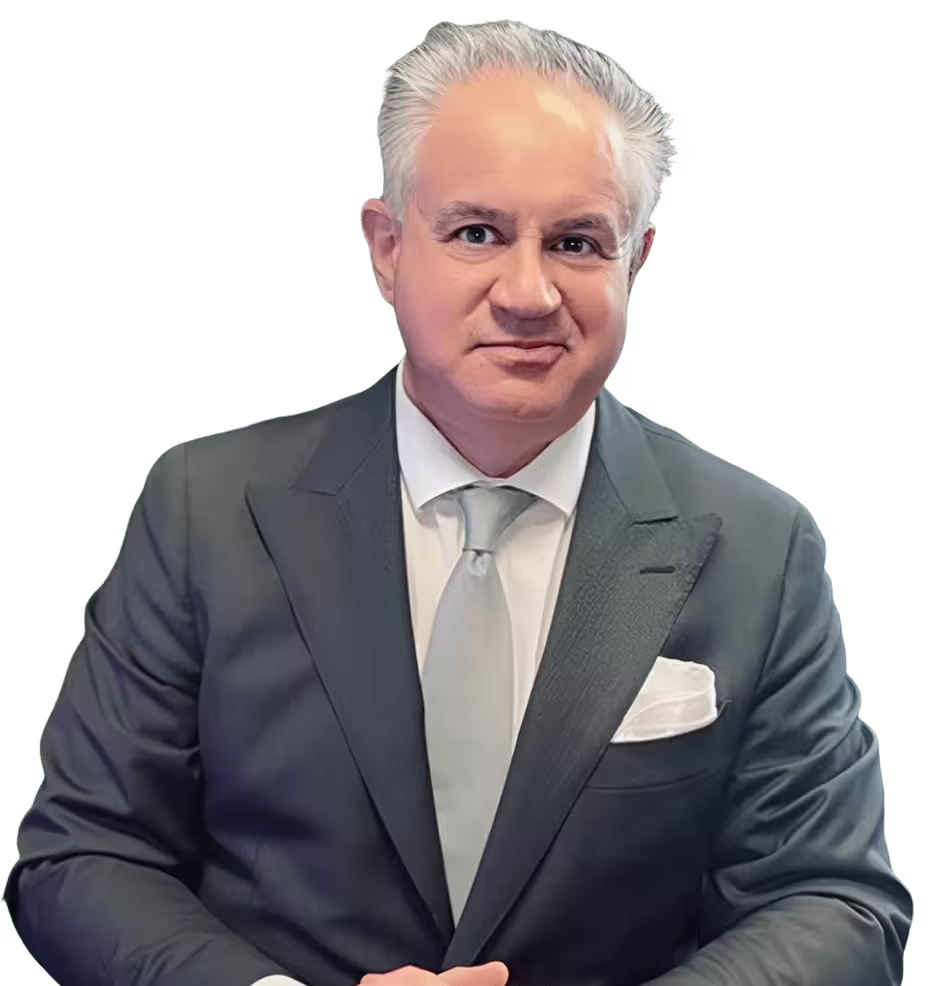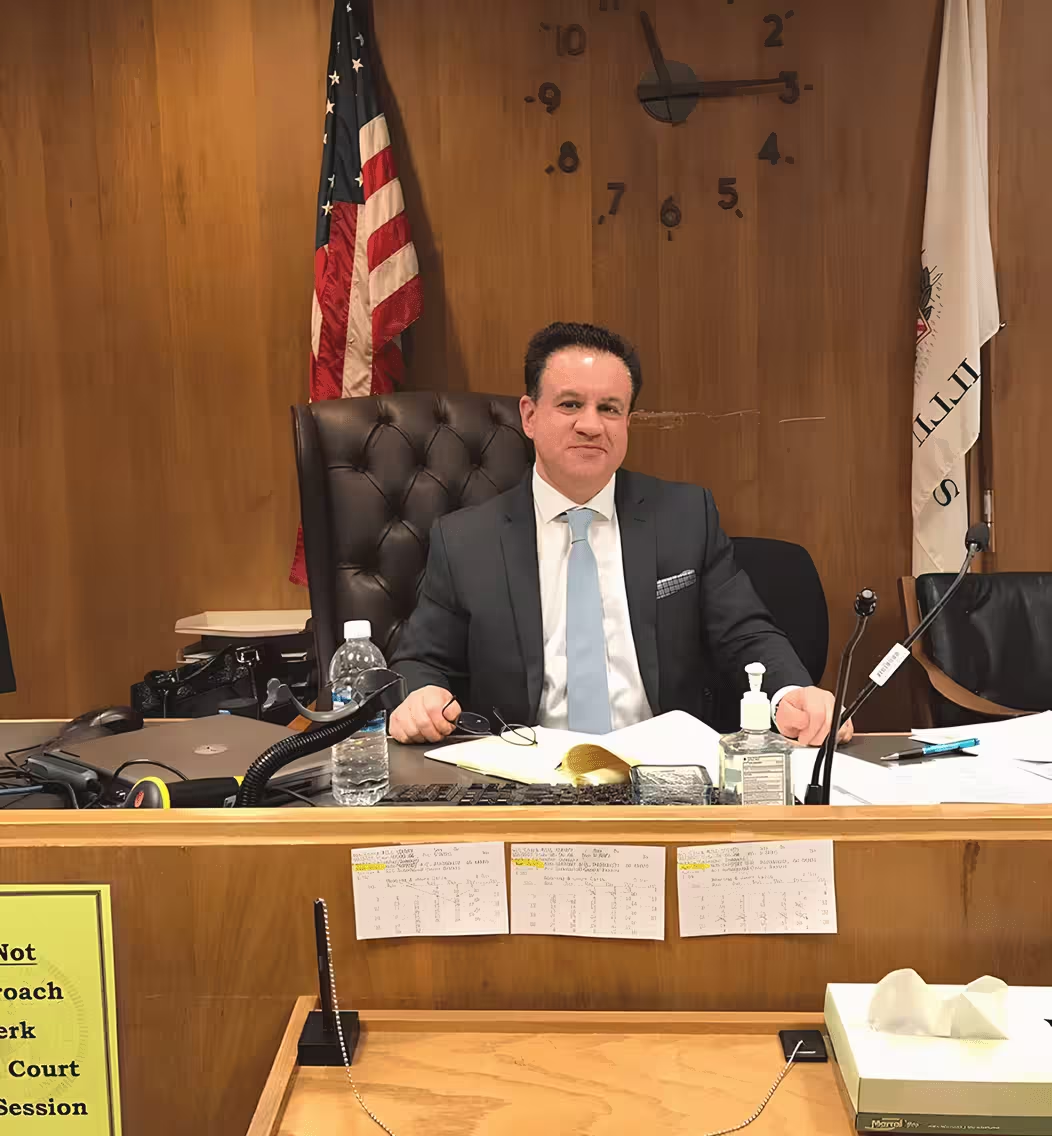To begin with though, the question of whether Bankruptcy is the best way to deal with business challenges depends on several factors, including:
- The form of the business (sole proprietor, partnership, corporation, LLC, etc.)
- Whether the person(s) behind the market are also personally liable for debts
- The number, amount, and type of debts that were incurred by the company
- Whether it makes more sense to close the business or to keep it running
There are three basic types of Bankruptcy available for businesses: Chapter 7 liquidation, Chapter 11 reorganization, and Chapter 13 reorganization for sole proprietors.
Chapter 7 (Business Liquidation)
When the business is no longer feasible or has no future, Chapter 7 or “liquidation” bankruptcy is the most common and straightforward choice. Chapter 7 will lead to the loss of business assets and final cessation to operations. In Chapter 7, a Panel Trustee is appointed by the Court and takes control of all business assets, including cash, real property, equipment, etc., to wind down operations, marshal the property for sale, set a sale or auction date, and disburse any proceeds to satisfy unsecured creditors according to a strict schedule of distribution.
This will eliminate most Business debts, such as:
- Credit Cards
- Bank Loans
- Trade Credit
- Lease for Space
- Equipment Lease
- Etc.
As with individual liquidations, secured creditors retake ownership of their collateral, unless the Trustee can pay it from the proceeds of the business asset sale. This seldom happens.
Finally, unlike an individual Chapter 7 liquidation, there is no discharge of the business. The case simply ends. Even when that happens, the owner(s) of the business must still pay non-dischargeable obligations such as taxes and government penalties, or obligations that they have personally guaranteed; which is why business Chapter 7 is almost always followed by personal Chapter 7.
Chapter 11 (Business Reorganization)
Also known as reorganization bankruptcy, Courts allow the restructuring of the business if the continuation keeps assets productive, preserves jobs, and improves the local economy. Chapter 11 permits you to restructure your finances, so you can create new jobs, produce income, and pay off arrears. The reorganization of the business is only considered by the Court if going concern will be worth more than its liquidation value.
E x #AP > LV
Net Earnings x Average # of Payments > Liquidation Value
Under this chapter, debtors are required to develop a plan for regaining profitability, which may include new sources of income and trimming costs. The debtor may also use, sell all, or some of the assets, unless the Court orders otherwise. The debtors have the majority of rights and duties of a bankruptcy trustee with the Court’s approval. A Trustee is responsible for monitoring Debtors’ compliance with the reporting requirements.
Chapter 13 (Sole Proprietor Reorganization)
Also called a “wage earner’s plan,” Chapter 13 bankruptcy enables debtors to repay all or some portion of debts according to the source(s) of income. This gives you a chance to save properties from foreclosure by using the regular monthly income to repay the money owed to creditors. In this Chapter, the debtor must develop a structured repayment plan that shows how payments will be made. The plan can extend for up to 5 years, and a debtor can file under this chapter as often as necessary.
Payments under the proposed plan are made to the Trustee. The debtor must show he/she can meet his/her monthly expenses, including food, rent, transportation costs, and utilities. After deducting monthly fees, the debtor must have enough funds left to repay his/her debts. Typically, under Chapter 13, debtors keep most of the assets and repay all or some of debts according to the proposed plan. A Trustee is responsible for distributing the money to creditors. Certain obligations such as those based on fraud may be discharged if the Chapter 13 plan has been completed.
Still have questions? Feel free to contact us to learn more, or arrange for your consultation.
This post was prepared in conjunction with our colleague in Florida.
Explore Your Bankruptcy Options

.svg)

.png)





